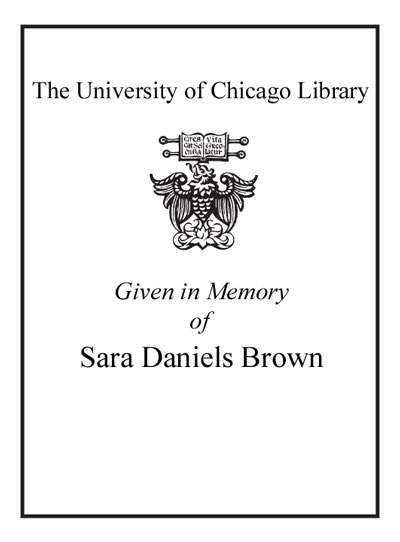Review by Choice Review
This excellent translation of the first volume of this formidable, convoluted masterpiece (German, 3v., 1975, 1978, 1981) makes Weiss's autobiographical novel, one of the major works of literature of the 20th century, available in English for the first time. The novel is unlike any other in form, structure, or content. An unnamed narrator, a member of the Communist Party, recounts his life from 1937 to the end of WW II. The first volume covers the first year (the narrator is 20 when the novel opens), when he is in the Spanish Civil War. No real action occurs. Rather, Weiss constructs each scene around a conversation (in a museum, kitchen, field hospital, etc.) and these conversations--animated by antifascist political, economic, and cultural thought--constitute the essence of the novel. Those familiar with Weiss's play Marat/Sade will recognize this contrived exercise in dialectics. The conversations--historical debates and political discussions about Greek mythology, bourgeois culture, socialist humanity, the Pergamon frieze, the great writers/artists of Western civilization--filter through Marxist, Leninist, Trotskyist, anarchist, and social democratic reasoning, weaving a grand unfinished tapestry of hope and despair but demonstrating that aesthetics can contribute to social progress and that resistance to evil remains forever a thing of beauty. ^BSumming Up: Essential. All levels. R. C. Conard University of Dayton
Copyright American Library Association, used with permission.
Review by Choice Review

